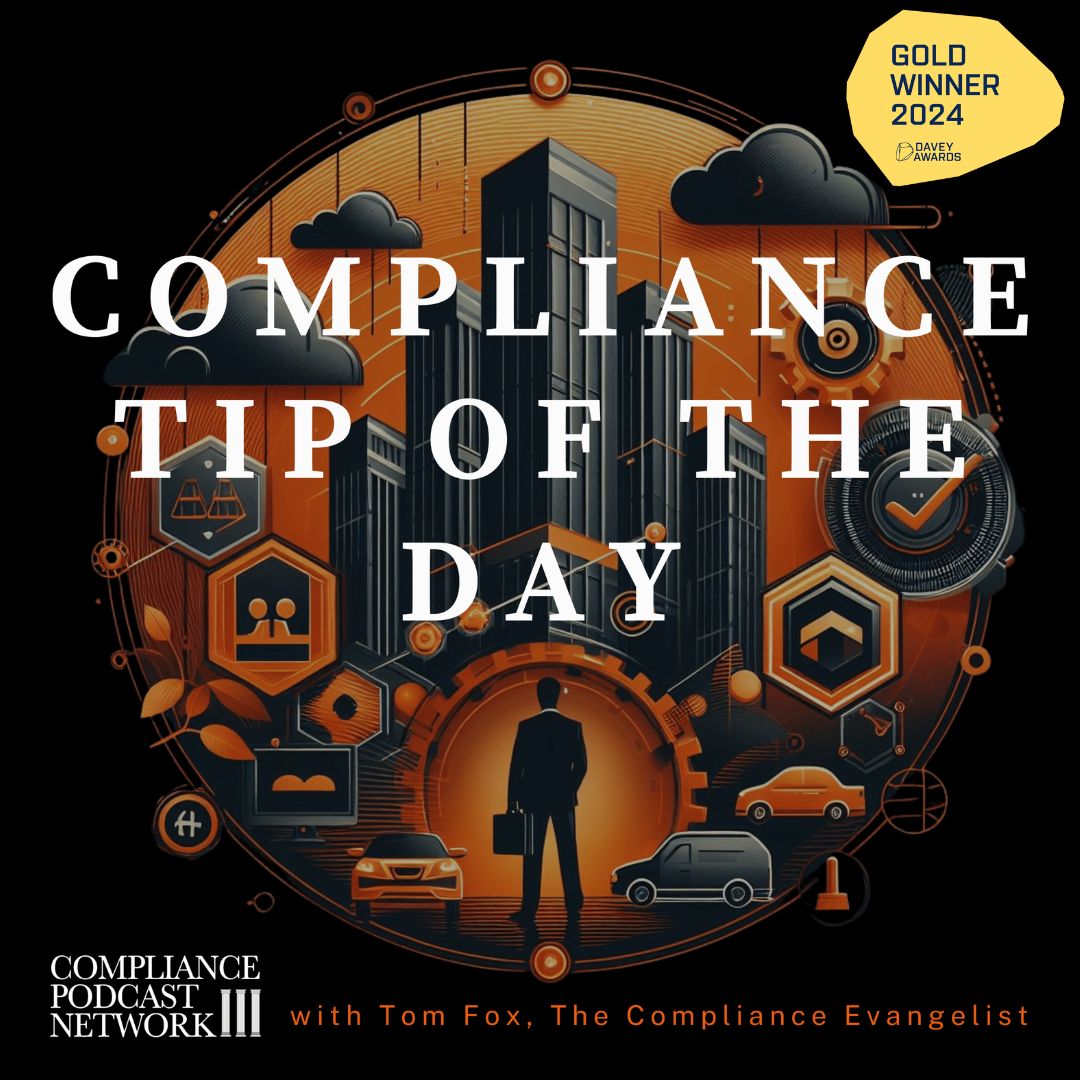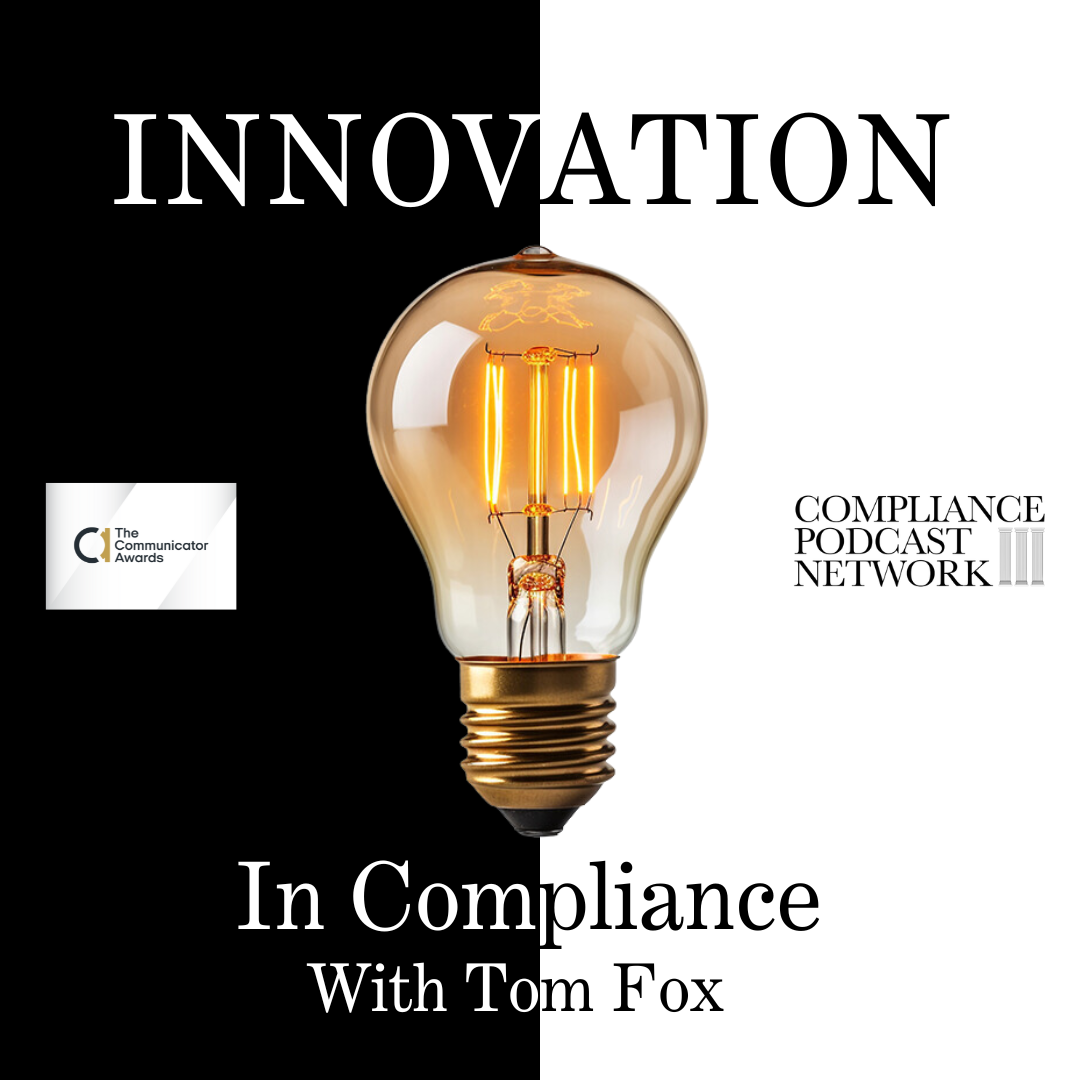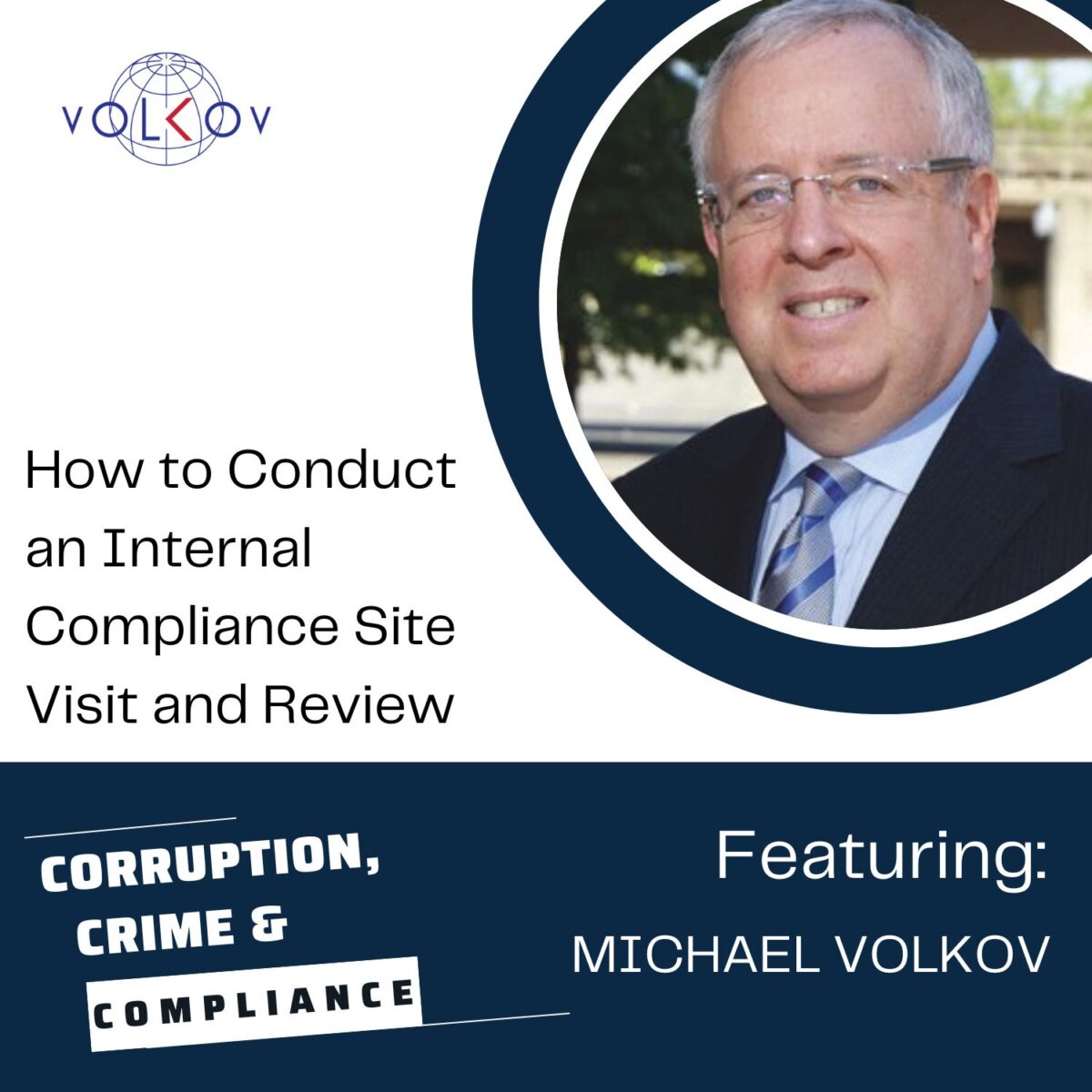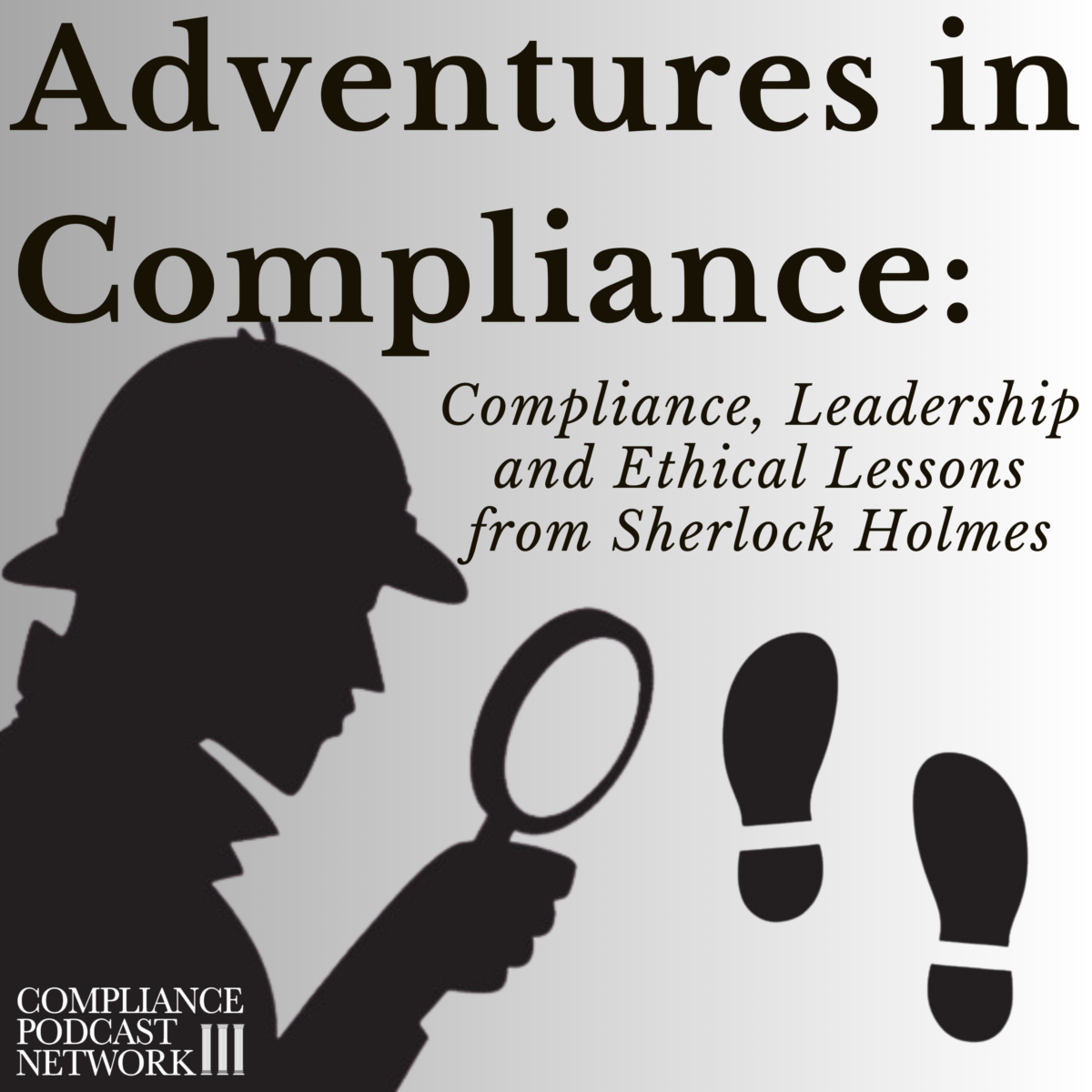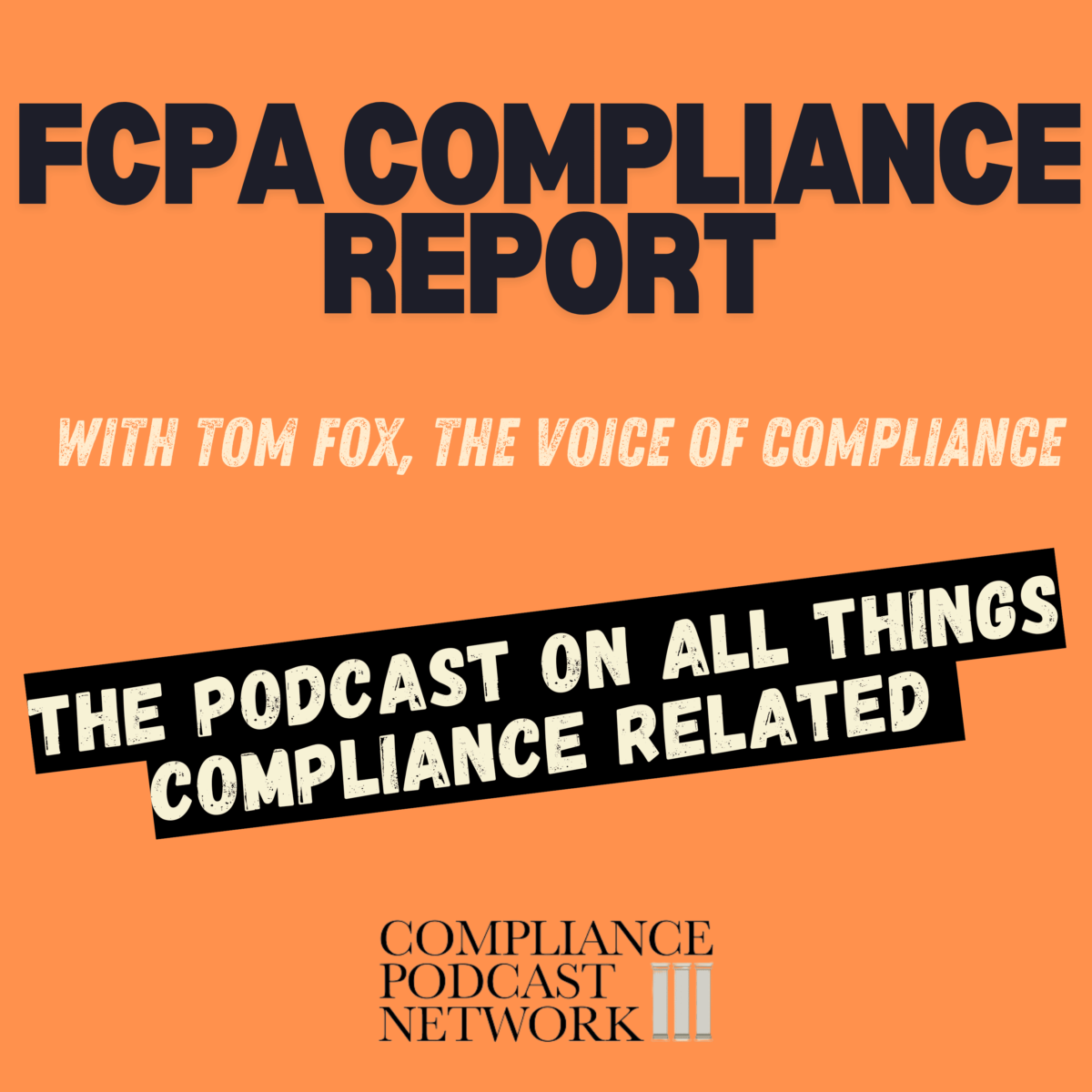Ed. Note: This week, leading up to Halloween, I will examine lessons for compliance professionals through the lens of the great Universal Movie Monsters: Frankenstein, Wolfman, Dracula, and The Mummy. Our final offer is Boris Karloff’s original film version of The Mummy.
===========================================================
In the 1932 classic The Mummy, Boris Karloff’s portrayal of Imhotep reveals a lesson far beyond the supernatural realm: the dangers of neglecting the past and allowing an ancient curse to resurface. The movie’s central theme of resurrection and control reflects what happens in corporate culture when old habits, unaddressed problems, or toxic elements re-emerge due to inattention. Building a strong, resilient corporate culture is crucial for compliance professionals, not unlike guarding against an ancient curse that could unravel the organization.
In her recent speech at the SCCE conference, Nicole Argentieri provided valuable insights into the importance of creating, strengthening, and maintaining corporate culture. Her message was clear: corporate culture is not a static entity. Like Imhotep’s curse, it can decay if not properly maintained, leading to disastrous consequences. The 2024 Evaluation of Corporate Compliance Programs (2024 ECCP) emphasizes the importance of culture in mitigating compliance risks, making it clear that companies must prioritize their corporate ethos as a proactive strategy for risk management.
The Origins of Corporate Culture: Digging into the Foundations
In The Mummy, the archaeological team unknowingly unleashes a destructive force by uncovering and neglecting the historical warning signs of the curse. This is analogous to companies that need more of their corporate culture. Just as the archaeologists ignored the history behind Imhotep’s tomb, companies often overlook the foundational values and behaviors that drive their internal culture.
Argentieri’s speech underscores the importance of understanding where your corporate culture comes from. The 2024 ECCP stresses the need for companies to actively cultivate a culture of compliance, ethics, and integrity. It’s not enough to have values written in a code of conduct—those values must be woven into the company’s fabric, from leadership to the newest employee.
The origins of a corporate culture come directly from leadership. Just as the resurrection of Imhotep was enabled by human error, a toxic or lax corporate culture can take root if leaders do not actively promote ethical behavior. Compliance professionals must work with leadership to ensure the company’s mission, values, and expectations are clearly communicated and consistently upheld. Without this strong foundation, the “mummy” of unethical behavior can quickly rise.
Resurrecting Old Problems: The Danger of Neglect
In The Mummy, Imhotep’s curse returns because it was never truly addressed; it was sealed away but not eradicated. This is a powerful metaphor for what happens in corporate culture when old issues, such as poor leadership behavior, unethical practices, or lack of accountability, are allowed to fester. If left unchecked, these issues can resurface and cause significant harm to the organization.
Argentieri’s speech touched on this very point. Moreover, the 2024 ECCP requires companies to identify and address the risks that could undermine their culture. Compliance professionals must proactively monitor the workplace for signs of cultural erosion. These issues must be confronted head-on, whether lax attitudes toward compliance, a lack of whistleblower protections, or unethical leadership practices.
Regular audits, surveys, and employee feedback mechanisms are critical tools for uncovering hidden problems before they escalate. By monitoring corporate culture at regular intervals, compliance professionals can prevent “mummies” from reawakening and wreaking havoc on the organization.
Leadership: The Keepers of the Tomb
In The Mummy, the characters who succeed are the ones who recognize the danger and take action to stop it. For a company to maintain a strong culture, leadership must play an active role. The tone from the top is crucial in shaping the behavior of the entire organization. Leaders who demonstrate a commitment to compliance and ethical behavior set the standard for others to follow.
Argentieri highlighted the importance of leadership in her speech, noting that the DOJ expects company leadership to be fully engaged in promoting and maintaining a culture of compliance. The 2024 ECCP calls for leadership to demonstrate commitment to compliance in words and actions. This includes regular involvement in compliance activities, support for compliance personnel, and a clear message that ethical behavior is non-negotiable.
Just as the characters in The Mummy had to confront the curse with courage and resolve, corporate leaders must take ownership of the company’s ethical standards. They are the keepers of the tomb, ensuring that the organization’s values and principles are protected from decay.
Strengthening the Culture: Continuous Vigilance
One of the key themes of The Mummy is the importance of vigilance. Imhotep’s return resulted from human negligence—those responsible did not take the necessary precautions to prevent his resurrection. Similarly, a company’s corporate culture can weaken without continuous effort to maintain and strengthen it.
Argentieri’s speech clarified that the DOJ wants companies to maintain their corporate culture proactively. The 2024 ECCP expects companies to actively monitor their culture, assess risks, and adjust their compliance programs as needed. This requires a commitment to continuous improvement, strengthening internal controls, updating policies, and providing regular training to employees at all levels.
A strong compliance program evolves with the organization. Just as archaeologists learn from the past to protect the future, compliance officers must learn from past mistakes and adjust their strategies to prevent future failures. This might mean revisiting training programs, adjusting disciplinary measures, or enhancing whistleblower protections.
Maintaining a Culture of Compliance: The Final Seal
The ending of The Mummy reminds us that threats can be contained, but only with the right tools and vigilance. In the corporate world, maintaining a culture of compliance is an ongoing process. It requires a commitment to ethical behavior, continuous monitoring, and strong leadership. A company’s corporate culture must be seen as a living entity—one that requires nurturing, attention, and protection.
The 2024 ECCP provides clear guidelines for how companies can maintain a strong culture of compliance. It emphasizes clear communication, regular training, and leadership engagement. Compliance professionals ensure these elements are in place, and the culture remains strong even as new risks emerge.
Learning from The Mummy
The Mummy teaches us that neglecting the past can have dangerous consequences; the same is true for corporate culture. If a company fails to build, strengthen, and maintain its culture of compliance, it risks allowing unethical behavior to resurface, potentially leading to disastrous outcomes.
Argentieri’s recent SCCE speech and the 2024 ECCP offer a roadmap for compliance professionals. By focusing on strong leadership, continuous monitoring, and proactive risk management, companies can create a culture that not only withstands the test of time but also thrives in an ever-changing business environment.
The curse of Imhotep may have been fiction, but the risks facing corporate culture are all too real. Compliance professionals must act as guardians, ensuring that their organizations are protected from ethical missteps that can lead to the unearthing of far more dangerous threats.


